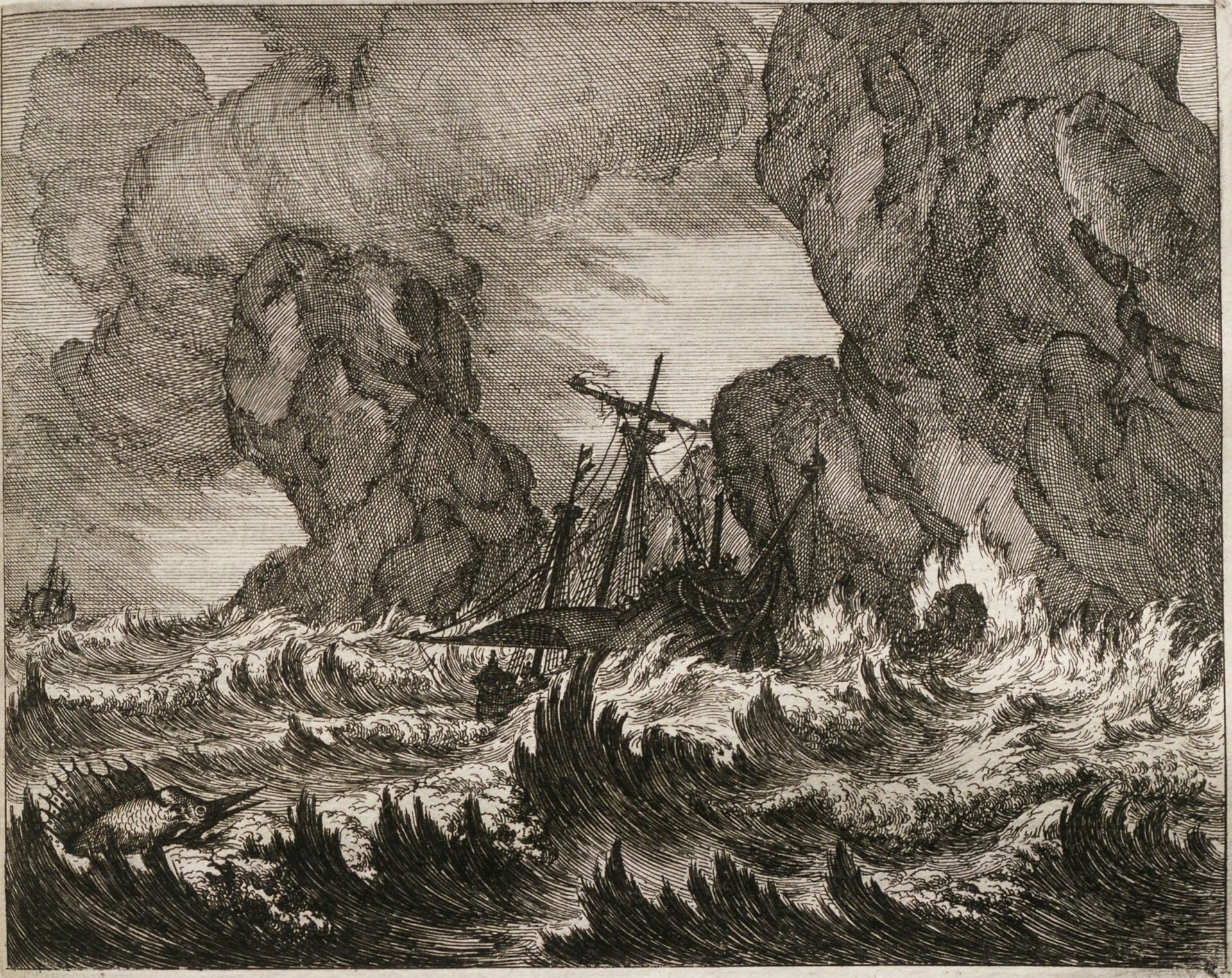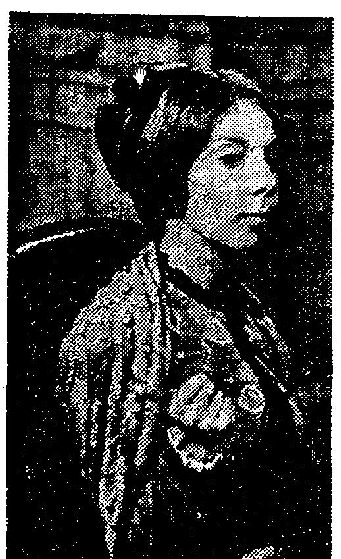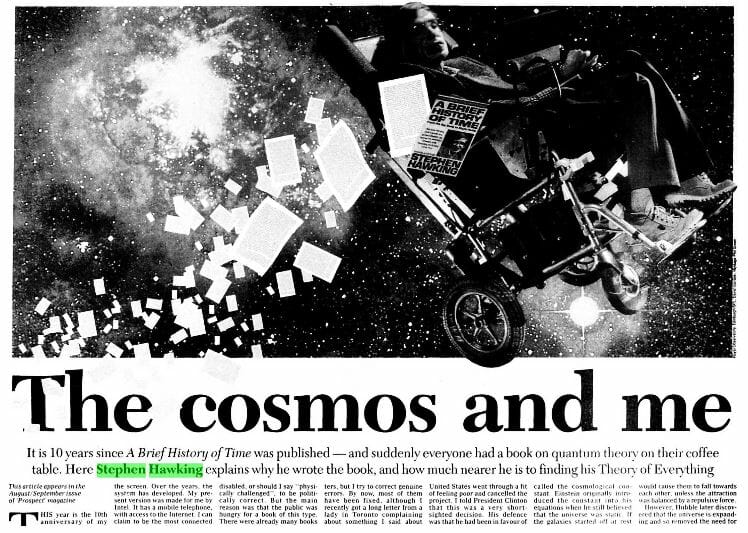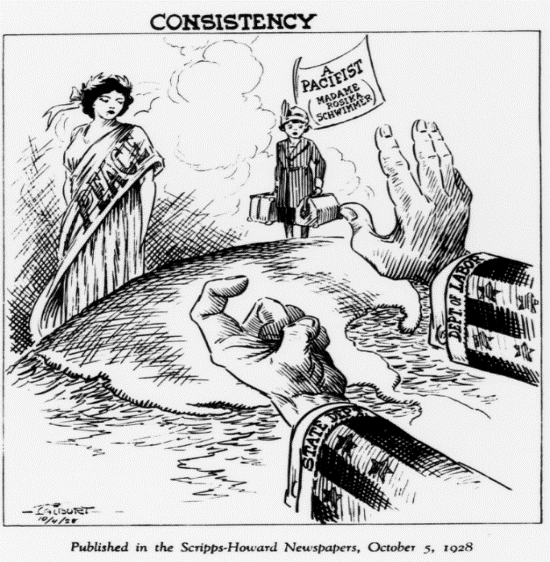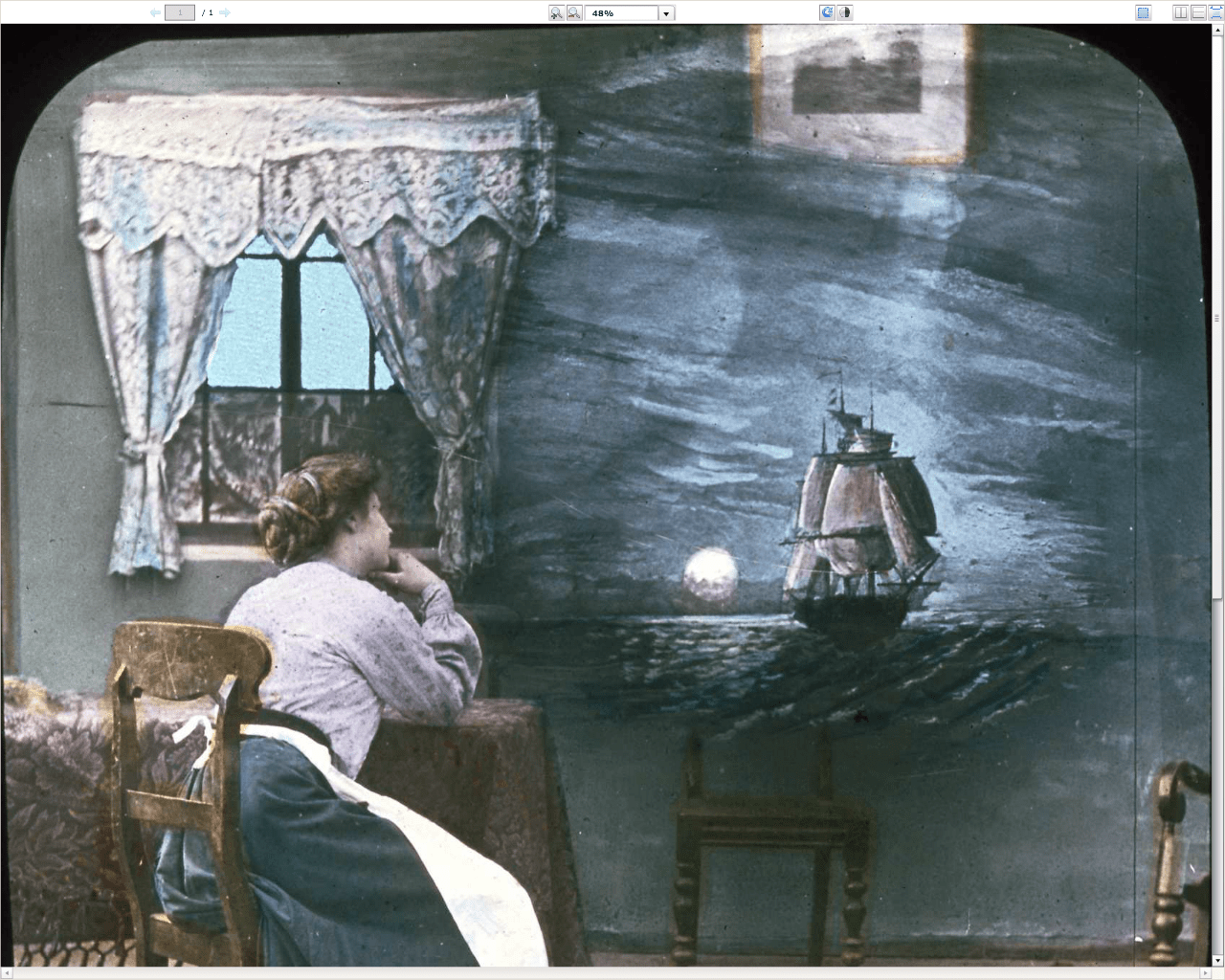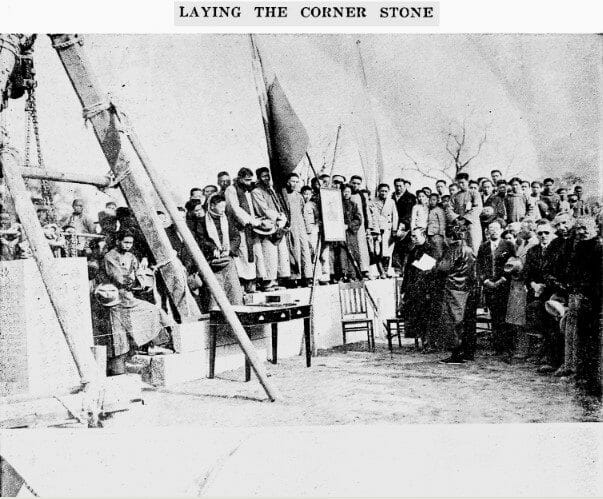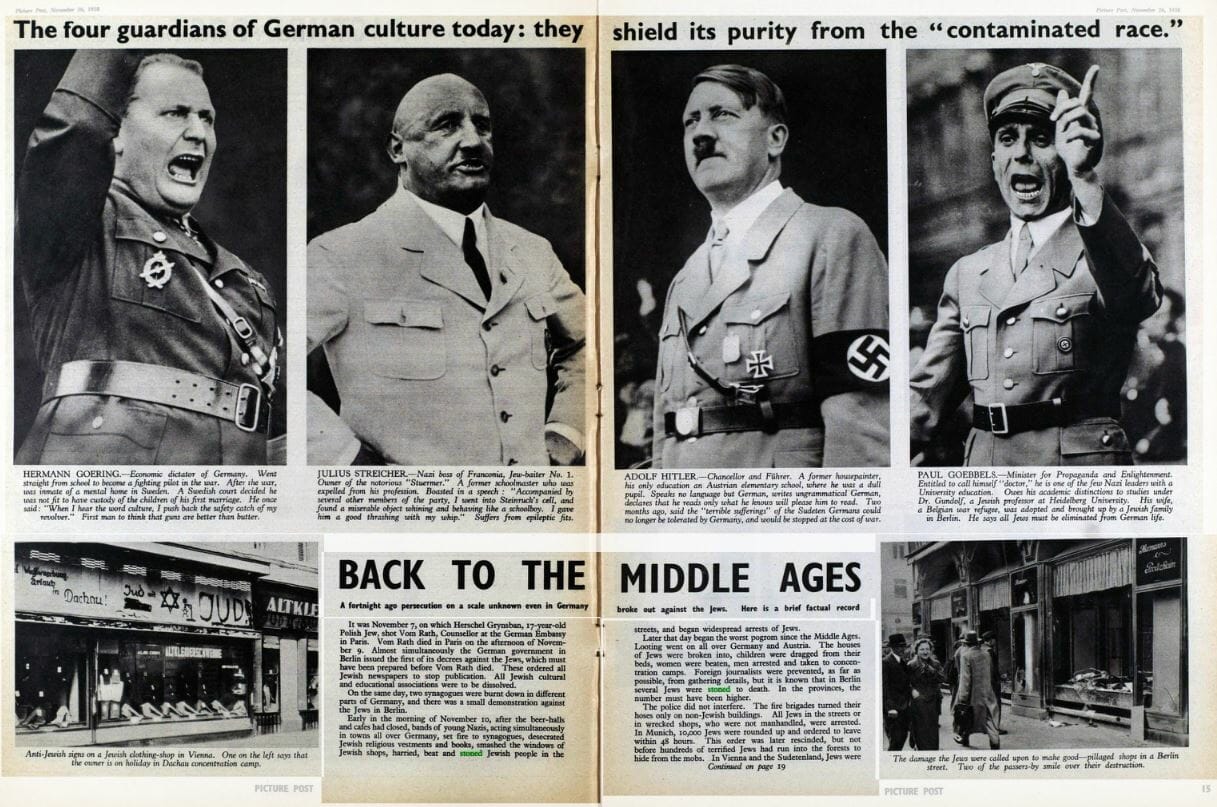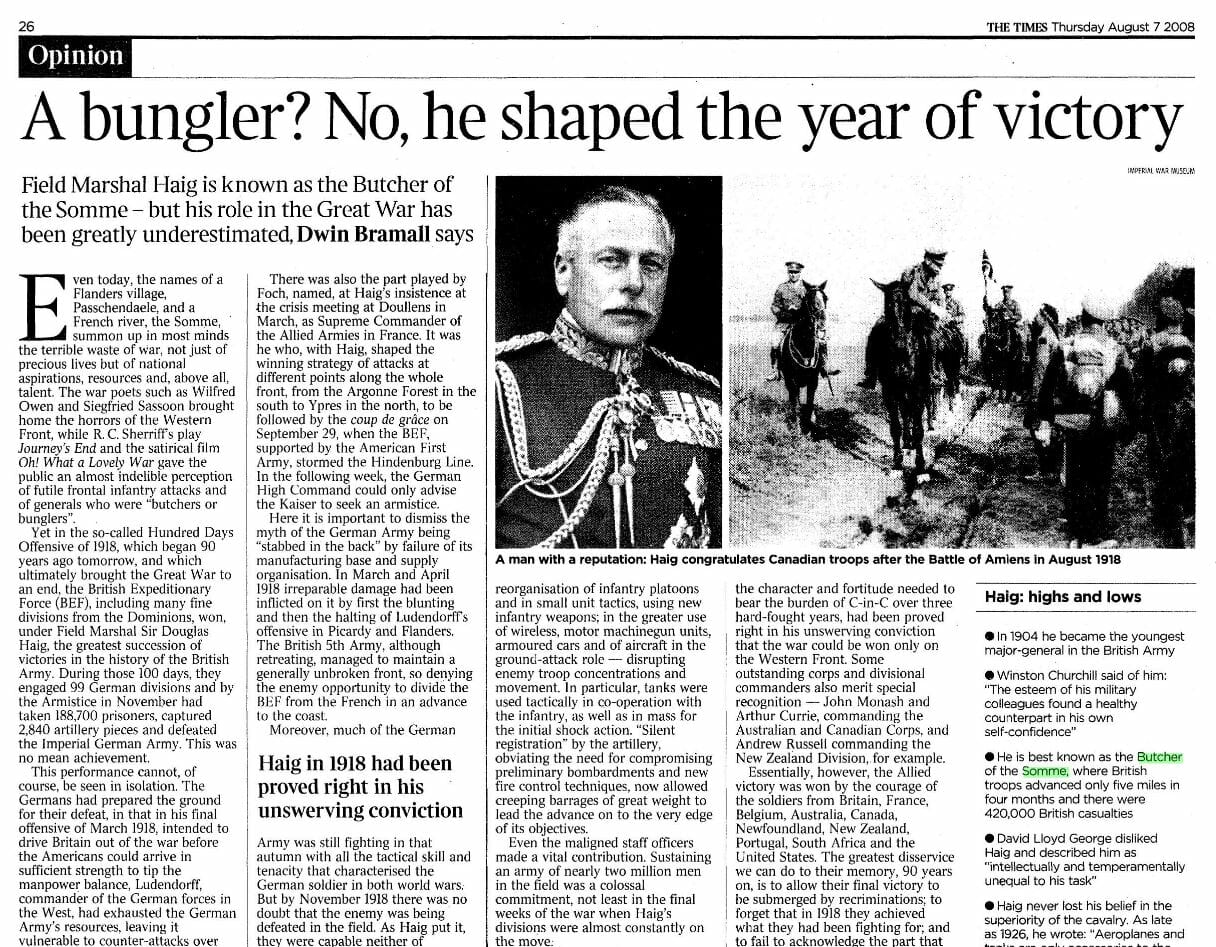Television advertisements in the lead up to Australia Day on 26 January 2017 have been telling the Australian people to celebrate the day “how you want to”. It is an interesting message from the Australian government. A typical Australian reaction to it might be to ask, if now we are to celebrate it how we want to, what was the prescribed method beforehand? Another broad section of the community might wonder whether the day has ever been celebrated at all – isn’t it just another public holiday? But, taking it in good faith, clearly this message is intended as an open and friendly acknowledgement of the fact that, for many of the people of Australia in 2017, Australia Day is not what it once was. Although the Queen of England remains our constitutional head of state, in today’s multi-cultural, multi-faith community the observance of Australia Day as a celebration of its anniversary is becoming more marginalised every year. The fact is that, quite apart from the ancient claim of the aboriginal people, many countries and cultures can say they have had a part in the creation of modern Australia. Some have done so during the 20th and 21st centuries with contributions to culture, cuisine or the arts. Others have done so by virtue of a particular historical incident.
Gale Publishers
‘A Genteel Murderess’ – Christiana Edmunds and the Chocolate Box Poisoning
One of the delights of a collection like Gale NewsVault is the opportunity to follow the progress of a story through the reports of a range of writers and newspapers, and to draw new conclusions on social and political themes. Coverage of stock markets collapsing or governments changing hands can help illustrate such topics, and offer researchers insight into public opinion, debate and interests. So too can smaller stories, such as a seaside town witnessing a string of unexpected and unusual murders, straight out of the Golden Age of Crime.
“This is all mind-boggling stuff”: The Reception of A Brief History of Time
On January 8th 2017, Professor Stephen Hawking celebrates his 75th birthday. Few scientists have such a strong place in the popular imagination, being the subject of numerous media from Hollywood films to documentaries to books, among many others. For 30 years he held the post of Lucasian Professor at Cambridge University, a chair held by no less than Sir Isaac Newton, filling some rather large shoes.
Credit where cash is due: Christmas on the plastic
| By James Alex Waldron, Marketing Communications Manager |
When we covered The Commercialisation of Christmas last year, hundreds of you followed the story of how advertising shifted the mood of the season from religious festival to retail bonanza.
As 2016 became the year of smartphone projectors, Bluetooth headphones, and Minion Pie Faces, I used Gale Primary Sources to provide the next part in our story of evolving buying habits. Following the reflections in the Press to provide part two — from early private brand announcements to full-page menus of big-ticket goods. What happened when the retailers themselves pushed gifts that necessitated new ways to pay.
The American Civil Liberties Union – foundation, campaigns and contemporary relevance
After the First World War, many Americans feared that the Communist Revolution in Russia would spread to the United States. Fear outweighed rational debate, leading to a clamp down on civil liberties, with thousands arrested without warrants. In response, a small group of individuals set up the American Civil Liberties Union (ACLU). In the years since then, the ACLU has evolved from a small organization to the nation’s principal defender of civil rights, playing a role in some of the most famous events in twentieth-century American history.
Early Arabic Printed Books from the British Library: Literature, Grammar, Language, Catalogues and Periodicals
Early Arabic Printed Books from the British Library: Literature, Grammar, Language, Catalogues and Periodicals, the final module of the Early Arabic Printed Books from the British Library collection, launches this month on the 16th December. This module showcases works of Arabic fiction, poetry, grammatical works, catalogues, newspapers and periodicals. Here are some highlights of the collection:
Elbows off the table
By Alice Clarke
“Elbows off the table” is a phrase familiar to most ears, an order we were told as a child and to which the only response was obedience and, for me, an internal eye-roll of frustration.
For this is an etiquette that transcends generations, centuries and traditions, and yet is something that no one appears to explain why it exists. The only answer I could ever muster from my parents and grandparents is the ever-evasive “it’s rude to have your elbows on the table”, and that was meant to be enough to pacify us.
But why is it rude? Elbows aren’t unhygienic, unsafe or indeed disrespectful in any other setting than touching the wood of the dinner table.
And yet, to this day, I still sit with my elbows off the table – seemingly engrained into my very subconscious, this rule still governs the comfort of my eating despite the fact I moved away from home to university over two years ago.
To gain some sort of understanding of what this rule originally meant, a quick search of Gale Primary Sources allowed me to trace the notion of “elbows off the table” through history across multiple primary sources, allowing me to form my own theory of this particular western etiquette.
Dr. Sun Yat-sen, the man who led China from Empire to Republic
Sun Yat-sen (孫逸仙aka. 孫中山 or 孫文; 1866–1925) was a Chinese revolutionary and leader of a series of armed uprisings that led to the downfall of China’s last imperial dynasty (the Qing) in 1911 and the founding of the Republic of China in 1912. November 12 this year marked his 150th birthday.
Searching for his name (“Sun Yat-sen” or “Sun Wen”) in Gale’s China from Empire to Republic: Missionary, Sinology and Literary Periodicals – a unique collection of 17 English-language periodicals published in and about China – offers the researcher a significant quantity of material about this individual. Over two-thirds of the 300-plus search results are from The China Critic and Tienhsia Monthly – periodicals run by Chinese intellectuals. His activities and ideas also attracted the attention of Westerner- or missionary-established periodicals such as The Chinese Recorder, West China Missionary News, and The China Yearbook.

Contention in the British Press: The Rise of Fascism
This is the second of two posts exploring how lively debate and strong clashes of opinion have coloured the British press at certain historical moments. My first post looked at the differing opinions printed prior to, and during, WWI. Firstly, this showed that opinion was split on the likelihood of war in Europe, and then, once Europe had indeed plunged into a long and bitter war, news commentators clashed on the leadership of the British army – a debate which spiralled on in the succeeding decades. (Click here to read the first post.) I’ll now be turning to the broad landscape of opinions and commentary which permeated the British press in response to the rise of fascism. Interestingly, as well as some of the most well-known arguments, this post brings to the fore views which have now been side-lined, discredited or simply eclipsed by modern interpretations.
Contention in the British Press: WWI – Likelihood and Leadership
The British press – one of the noisiest, most opinionated and longest-running media institutions in the world – is known for its history of wide-ranging debate and reporting. Encompassing so many digital newspaper archives, the Gale Primary Sources programme offers a comprehensive view of the landscape of opinions and commentary which have featured in the British press at any one time. This makes it a great resource for those studying contemporary opinions about a particularly issue or controversy, or how attitudes have evolved over time. This is the first of two posts looking at how persuasion, debate and clashes of opinion have coloured the British press at particular historical moments; in this case, during the First World War. Next week I’ll be posting about the altercations that arose around the rise of Fascism. As well as some of the most well-known arguments, these posts will bring to the fore views which have now been side-lined, discredited or simply eclipsed by modern interpretations.

